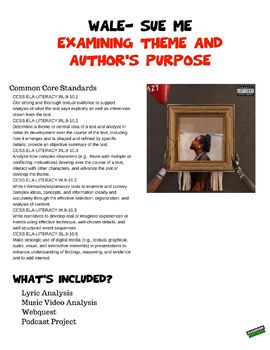
Yet, it is not simply the beauty of women that attracts the speaker, but it becomes about love as the speaker realizes that “From alle wimmen my love is lent, / And light on Alisoun” (11-12). The buds and shoots are blooming from the earth and the speaker finds the beauty of nature to remind him of the loveliness of Alisoun. Already delighted by the return of spring to replace the barrenness of winter, the speaker finds it promising that the “spray beginneth to springe” (2). To begin with the first Middle English lyric “Betwene Mersh and Averil,” it is evident that speaker is torn by an overwhelming emotion of being in love while finding that his beloved does not return the sentiment.

Indeed, the role of love can even be seen as being unbearable for the speaker as seen in Chaucer’s poem “Troilus’s Song.” Yet, love for the male speaker can also be vexing as seen in the satirical humor found in “Of all creatures women be best.” Even still, the role of love can also be illustrated as a blessing in disguise for the male speaker in the later 13 th century-early 14 th century poem “Betwene Mersh and Averil.” Thus, the speaker’s voice in Middle English poetry is plagued by the characteristic of uncertainty and doubt, which results in using the natural as a methodology to explain why the speaker’s thoughts are being saturated by love and marriage. Often thought by scholars to be accompanied by light-hearted music, the Middle English lyric embarks upon the male speaker’s ability to reconcile the unknown – commonly by questioning secular faith and the helplessness of being in love.


Middle English lyric poetry covers a wide collection of emotion from that of earthly love and virtue to more complicated themes of satirical humor.

Middle English Poetry: The Speaker’s “Voice” & The Role of Love


 0 kommentar(er)
0 kommentar(er)
